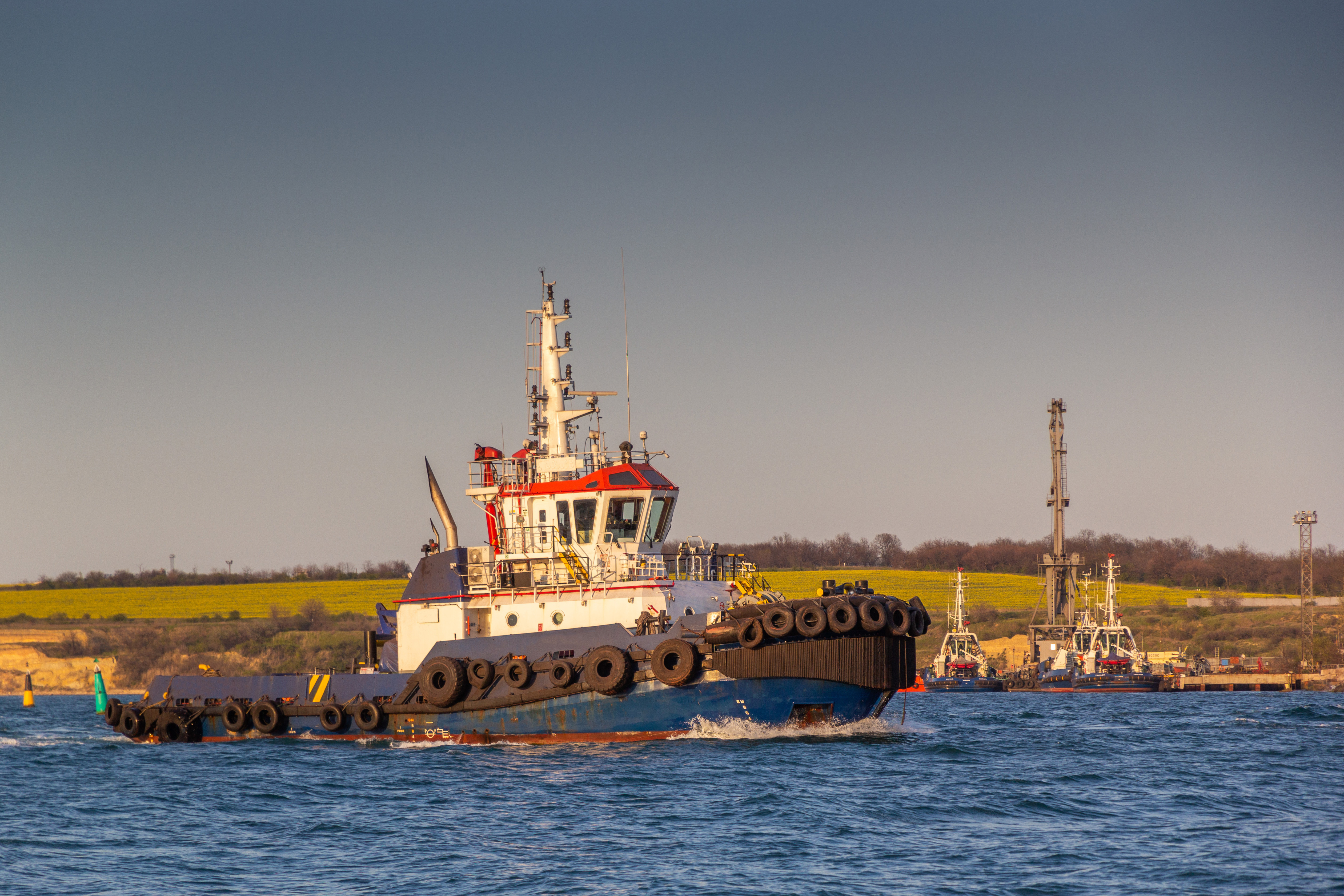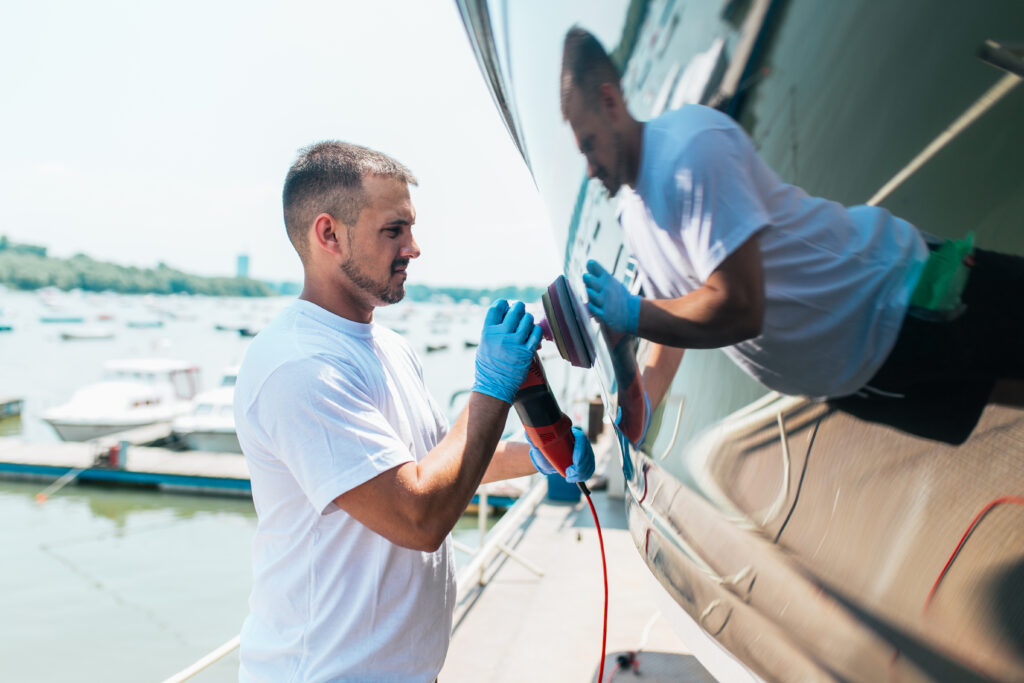Introduction
Traditionally, workboats, including tugs, have relied heavily on diesel engines for propulsion. While diesel engines are powerful and reliable, they also emit significant amounts of greenhouse gases and pollutants, contributing to air and water pollution. In recent years, the maritime industry has been undergoing a transformative shift towards sustainable and eco-friendly practices. As concerns about climate change and the environmental impact continue to grow, the need for cleaner alternatives becomes more pressing. One of the most notable developments for the maritime industry is the adoption of hybrid and electric workboats.

Why Consider Hybrid or Electric?
Hybrid and electric propulsion systems are innovative technologies and offer a path to cleaner, more sustainable maritime transportation by reducing or eliminating harmful emissions. Hybrid propulsion systems combine conventional fuel-powered engines with electric motors and battery storage, allowing vessels to operate more efficiently and with lower emissions. Electric propulsion systems, on the other hand, rely entirely on electricity, often sourced from renewable energy sources such as solar or wind power.
They also offer other operation advantages such as lower fuel consumption and reduced maintenance costs. The economic benefits of adopting hybrid and electric workboats are also noteworthy. Whilst initial investment may be higher than traditional engines, the long terms savings in fuel and maintenance can make them a cost-effective choice for operators.
In recent years, there has been a growing interest in the marine industry with Government support, along with port authorities around the world increasingly investing in research and development to make the technology accessible.
The UK Research and Innovation has granted £6m of Government funding to Coastal Workboats to design and build the first fully electric workboard and charging station for the Shetland Islands.
Julie Pogson, founding director of Coastal Workboats, said, “We’re working hard to build a really tough boat that will be able to provide a critical service in often difficult conditions around the Shetland Islands. We’ll be maximizing battery storage and matching the power of a conventional vessel with a similar operating profile. Using electric drives instead of a diesel engine will also be safer and need less maintenance.”

Limitations
However, challenges and limitations remain and whilst a recent British Marine study highlighted potential benefits for alternative fuel systems for the leisure industry in the UK, there is still concern in the commercial arena particularly around the availability of recharging, along with concerns around the range, power and reliability of the systems, particularly for longer voyages.
The Future
Today’s batteries are yet to reach affordability and performance levels to create a wide appeal or widespread adaption, but the economic argument favours their use in marine applications, provided that owners and operators are willing to wait several years to pay off the investment. Collaboration across the industry is crucial for the successful integration of hybrid and electric workboats. Shipbuilders, technology providers, and regulatory bodies need to work hand in hand to establish standardised practices, infrastructure, and regulations.
Other battery technologies are not expected to have a significant impact on the marine sector, except in specialised applications or as proof of concept. However, given the bespoke nature of boats and the diversity of their duty cycles, there may be unconventional and exciting solutions still to come!
Author Bio

Darren Harris began his insurance career in 2010 and gained experience in the London Market until 2016, working for two global Marine Insurance Brokers with a specific focus on global shipping and associated Hull / P&I risks, including War and Kidnap and Ransom covers.
Darren joined Hayes Parsons Insurance Brokers in 2016 and has since gained his Chartered Broker status and in 2024 was promoted to Marine Director. Darren can be contacted via phone, email or LinkedIn.








